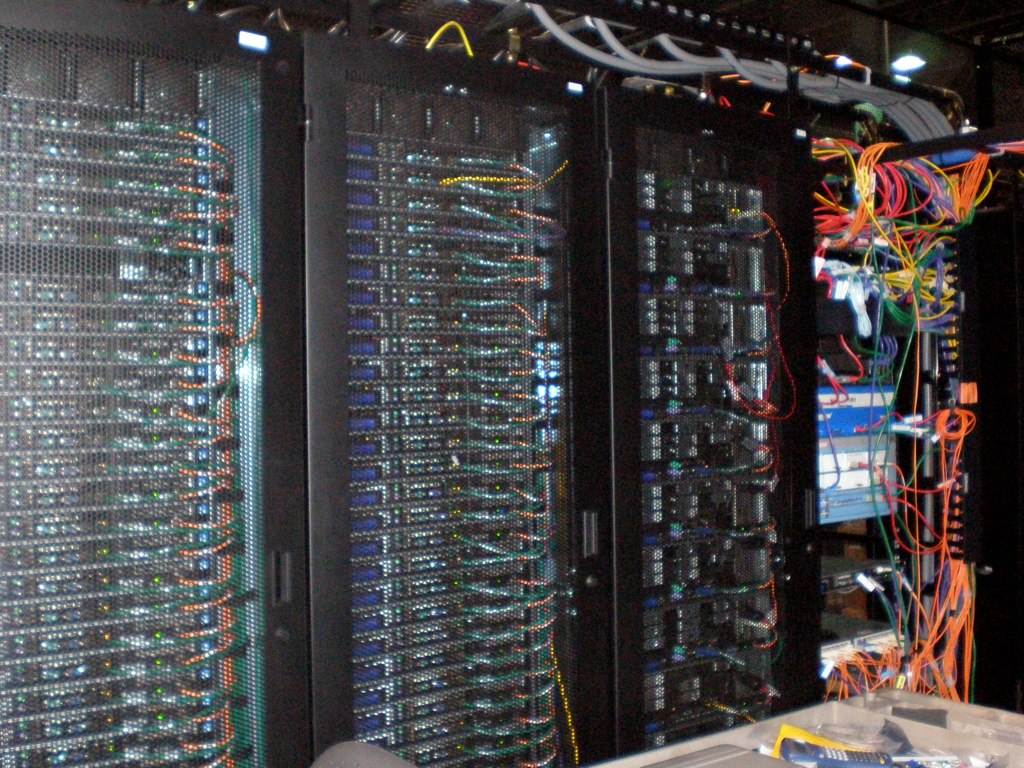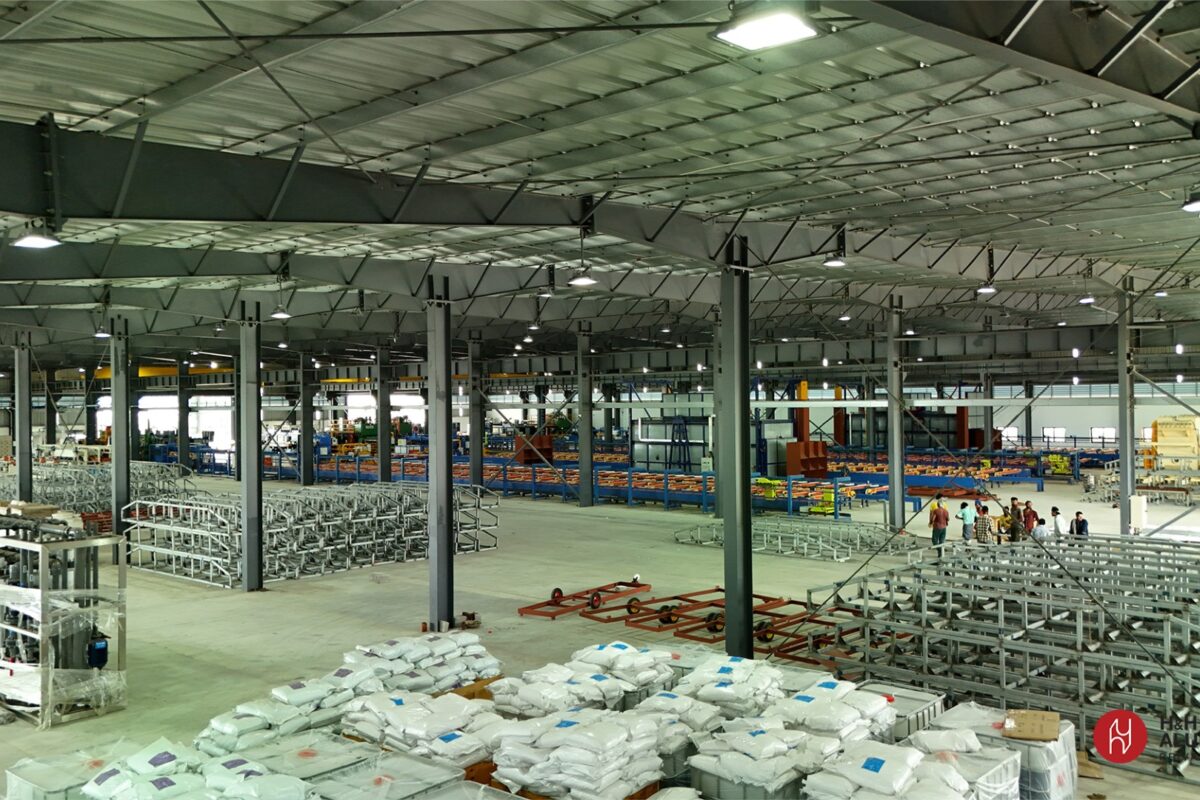Gurgaon-based ReNew Power has signed a Memorandum of Understanding (MoU) to supply renewable energy to RackBank’s hyper-scale data center.
Under the MoU, ReNew will construct, co-own, and operate a 500 MW hybrid renewable power generation facility specifically to supply power to RackBank’s data center. RackBank would purchase green power generated from this facility directly from ReNew through the Open Access mechanism.
RackBank is a data center platform providing data center services including but not limited to dedicated servers, managed servers and colocation services.
The MoU also provides for offsetting of non-renewable power consumed by RackBank’s data center through green credits purchased from ReNew, ensuring that the data center operates on a completely net-zero emissions basis.
The project will be carried out and managed by ReNew Green Solutions, ReNew Power’s business-to-business arm, which serves ReNew’s growing list of leading industrial and commercial customers, and will lead to the creation of India’s first green data center.
Rackbank data center is spread over 35,000 sq. ft. with a capacity of 800 racks and growing. The company projects that it will have 500 MW of IT infrastructure capacity in the next five years. This unique project will serve as a future-secured platform for data-driven companies to thrive in a 100% clean energy facility with zero carbon footprints. Through this project, RackBank data center would be able to reduce its power cost by 30% compared to power consumption directly from the grid.
This content is protected by copyright and may not be reused. If you want to cooperate with us and would like to reuse some of our content, please contact: editors@pv-magazine.com.









By submitting this form you agree to pv magazine using your data for the purposes of publishing your comment.
Your personal data will only be disclosed or otherwise transmitted to third parties for the purposes of spam filtering or if this is necessary for technical maintenance of the website. Any other transfer to third parties will not take place unless this is justified on the basis of applicable data protection regulations or if pv magazine is legally obliged to do so.
You may revoke this consent at any time with effect for the future, in which case your personal data will be deleted immediately. Otherwise, your data will be deleted if pv magazine has processed your request or the purpose of data storage is fulfilled.
Further information on data privacy can be found in our Data Protection Policy.